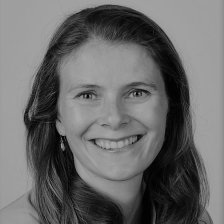Diabetic foot disease poses an enormous burden on individuals and society. This disease is characterized by non-healing ulcers that may lead to prolonged hospitalization and amputation.
A better understanding of how to heal and prevent these ulcers is paramount. Abnormal loading of the foot plays a key role in ulcer healing and prevention. Foot loading is determined by foot biomechanics (e.g. peak plantar pressures), weight-bearing ambulatory activity (e.g. daily steps and time spent standing) and adherence to wearing protective offloading devices (e.g. custom-made footwear). However, these factors have never been investigated comprehensively in relation to ulcer outcomes.
In DIALOAD, we will conduct two prospective observational cohort studies. In one we will measure multiple biomechanical and behavioral parameters in 60 people with diabetes at high-risk of ulceration, and follow them for 12 months for ulcer and additional health outcomes. In the other, we will measure the same parameters in 40 people with diabetes and a plantar foot ulcer and follow them until ulcer healing.
Participants will be recruited from Amsterdam UMC (both locations) and from ZGT (Almelo) and Isala (Zwolle). With these studies, we aim to unravel the underlying biomechanical and behavioral mechanisms of foot loading, diabetic foot ulceration and healing. For this we will develop a comprehensive load-capacity model based on foot biomechanics, weight-bearing activity and footwear adherence, and investigate its association with ulcer outcomes. Study findings will then be used to develop personalized interventions based on an individual’s load profile.








